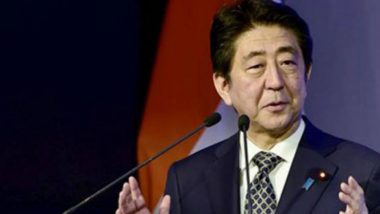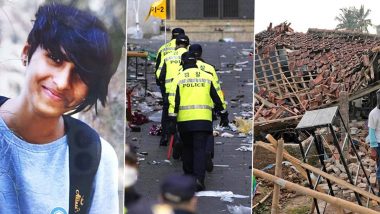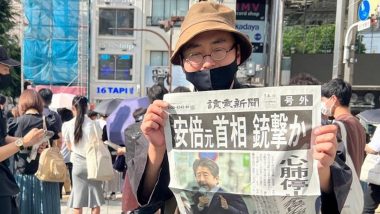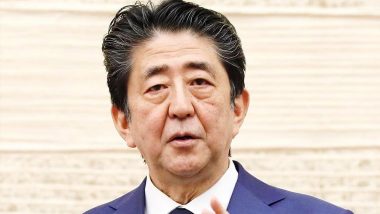Tokyo, July 22: Japanese Prime Minister Shinzo Abe's political coalition has won the partial legislative election to the upper house of Parliament, though it failed to secure the number of seats needed to push forward the constitutional reform it was hoping for, according to results released on Monday.
Japanese citizens had voted on Sunday to elect half of the House of Councillors, whose member serve for six-year terms and have fewer legislative functions than members of the House of Representatives, of which Abe is a member.
The result leaves Abe with a clear majority in both houses of Parliament, following a landslide win in the lower house in 2017. The ruling Liberal Democratic Party (LDP) won 71 of the 124 seats in the 245-member House of Councillors in the Sunday polls, according to public broadcaster NHK.
However, he failed to achieve the two-thirds majority needed to amend the Constitution -- a signature goal for which Abe has set a 2020 deadline.
The Constitutional Democratic Party (CDP) -- the main opposition body -- won 53 seats.
"I would like to express my gratitude to the voters," Abe said in a press conference on Monday. "This is a choice about the political stability and chaos. We asked the voters to choose between these two options and many people listened to our speeches on the streets.
"In this election, the constitutional amendment was also a big issue - it will be finally determined by the national referendum," Abe said, calling the two-thirds requirement "a very tall order".
"The people of Japan will have a final say on this matter."
Abe's goal is to amend the Constitution - which was approved after World War II - to change its pacifist character so that the country's Self-Defence Forces can play a more active role. The amendment must be approved by both houses and put to a referendum.
He said he wanted to demonstrate his own leadership to be able to discuss the reform and make a draft that can secure two-thirds of the votes between the ruling and opposition legislators.
Voter turnout on Sunday was the second-lowest since the end of World War II, as only 48.8 per cent of the electoral census went to the polls, slightly higher than the record low of 44.52 per cent turnout in the 1995 elections.
(The above story first appeared on LatestLY on Jul 22, 2019 04:11 PM IST. For more news and updates on politics, world, sports, entertainment and lifestyle, log on to our website latestly.com).







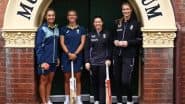



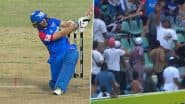

 Quickly
Quickly








